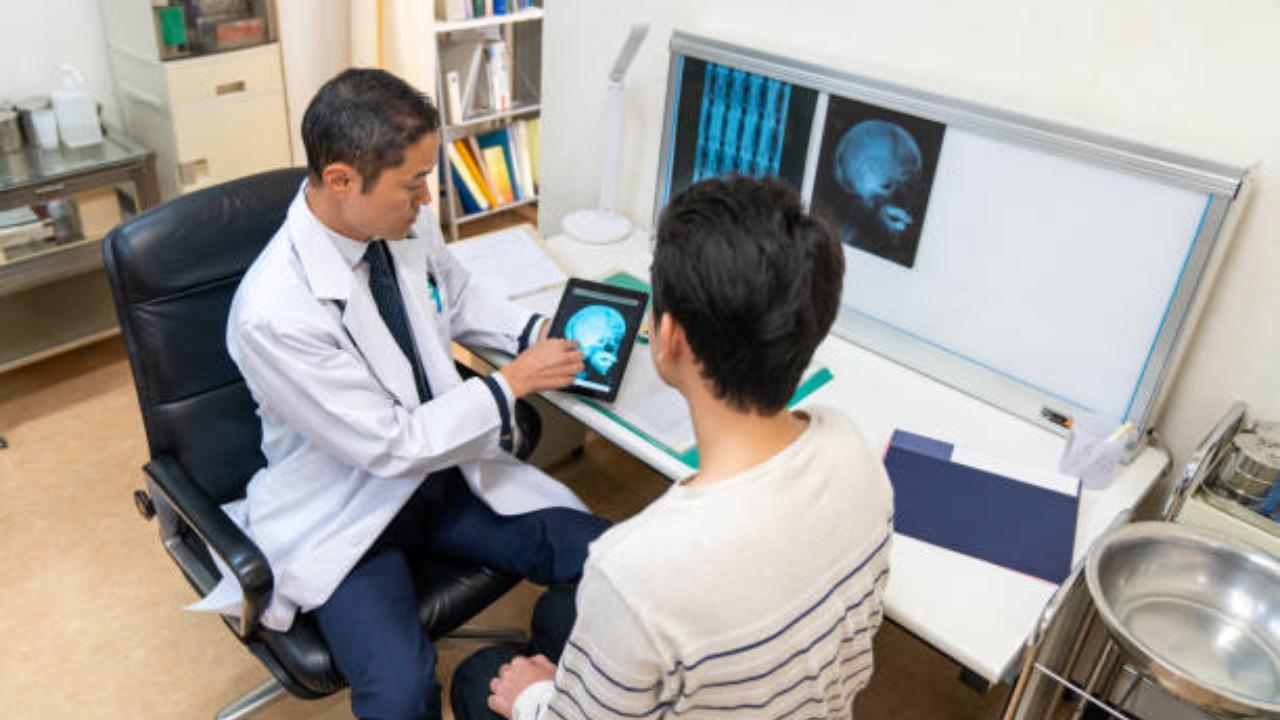Studies indicate that India recorded 13 lakh cases of stroke in 2019, the highest in the Southeast Asian region. Factors such as lifestyle changes, urbanisation and an aging population contribute to the increasing prevalence

Image for representational purposes only. Photo Courtesy: iStock
Stroke, a leading cause of disability worldwide, affects millions of lives each year. In India, the prevalence of stroke is alarmingly high, with the disease burden steadily increasing. Amidst this growing challenge, shares Dr Gaurish Kenkre, General Manager and Center Head, Atharv Ability, Mumbai, that post-stroke neurorehabilitation emerges as a crucial aspect of the recovery journey, filling a significant need gap in the healthcare landscape.
Prevalence of stroke in India
India grapples with a rising tide of stroke cases. Studies indicate that India recorded 13 lakh cases of stroke in 2019, the highest in the Southeast Asian region. Factors such as lifestyle changes, urbanisation and an aging population contribute to the increasing prevalence. Moreover, stroke affects individuals across all socioeconomic strata, highlighting the urgent need for comprehensive care and rehabilitation services.
Stroke imposes a considerable burden on individuals, families and healthcare systems. Beyond the physical impairments, stroke survivors often face cognitive and emotional challenges, impacting their quality of life and functional independence. The economic burden is also significant, encompassing healthcare costs, lost productivity and long-term care expenses.
Despite the staggering prevalence of stroke, access to specialised neurorehabilitation services remains limited in India. This creates a glaring need gap, as many survivors do not receive timely or adequate rehabilitation interventions. Addressing this gap is essential to maximise recovery potential and enhance the long-term outcomes of stroke survivors.
Way forward
Neurorehabilitation encompasses a range of interventions aimed at promoting recovery, restoring function,and improving the quality of life for individuals affected by stroke. Some key interventions include:
Robotics: Advanced robotic devices assist in repetitive task training, facilitating motor recovery and functional independence.
Artificial Intelligence (AI): AI-based technologies personalise rehabilitation programs, optimising outcomes through data-driven insights and adaptive interventions.
Aquatic Therapy: Water-based exercises offer a low-impact environment for rehabilitation, promoting mobility, strength and balance.
Physiotherapy: Tailored exercise programs and manual techniques help improve muscle strength, coordination and range of motion.
Counselling: Psychological support and counseling address emotional distress, depression, and adjustment issues commonly experienced post-stroke.
Research consistently demonstrates the efficacy of neurorehabilitation in improving outcomes and enhancing the quality of life for stroke survivors. Through targeted interventions and multidisciplinary approaches, neurorehabilitation helps individuals regain independence, reintegrate into society and pursue meaningful activities. Furthermore, early and intensive rehabilitation can mitigate secondary complications, reduce disability and promote neuroplasticity, facilitating recovery processes.
Offering hope, support and transformative interventions, Neurorehabilitation emerges as a cornerstone of care in the journey of recovery post-stroke. As India grapples with the growing burden of stroke, prioritizing access to comprehensive neurorehabilitation services is imperative. By bridging the need gap and embracing innovative interventions, stroke survivors can be empowered to reclaim their lives, restore function, and thrive beyond the confines of disability.
Also Read: Seeking non-discriminatory healthcare for LGBTQ+ patients
 Subscribe today by clicking the link and stay updated with the latest news!" Click here!
Subscribe today by clicking the link and stay updated with the latest news!" Click here!








